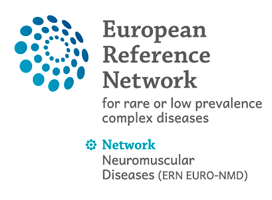23 Jan 2018
Updated Care Guidelines for DMD – Part 3
Authors:
David J Birnkrant, Katharine Bushby, Carla M Bann, Susan D Apkon, Angela Blackwell, Mary K Colvin, Linda Cripe, Adrienne R Herron, Annie Kennedy, Kathi Kinnett, James Naprawa, Garey Noritz, James Poysky, Natalie Street, Christina J Trout, David R Weber, Leanne M Ward
Improvements in the function, quality of life, and longevity of patients with Duchenne muscular dystrophy (DMD) have been achieved through a multidisciplinary approach to management across a range of health-care specialties. In part 3 of this update of the DMD care considerations, we focus on primary care, emergency management, psychosocial care, and transitions of care across the lifespan. Many primary care and emergency medicine clinicians are inexperienced at managing the complications of DMD. We provide a guide to the acute and chronic medical conditions that these first-line providers are likely to encounter. With prolonged survival, individuals with DMD face a unique set of challenges related to psychosocial issues and transitions of care. We discuss assessments and interventions that are designed to improve mental health and independence, functionality, and quality of life in critical domains of living, including health care, education, employment, interpersonal relationships, and intimacy.

